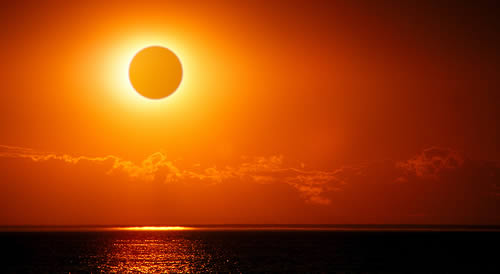It appears that we are a nation divided. That much seems obvious when reviewing
election results. Two candidates, two
parties, two people. So who are these
two peoples? The categories we currently
use don’t seem adequate or even appropriate.
Let me suggest some that don’t work.
Trump supporters and Hilary supporters
Liberals and conservatives
Urban and rural
Republicans and Democrats
They all fail because they are too discreet. They seem to push people into categories that
are not a good fit. One may be a
Democrat who voted for Trump. One may be
a rural Democrat.
So I want to suggest two categories that I find helpful
right now. And I will unpack each just a
bit so you understand what I am seeking to express. Here are my categories.
Fearful and Pessimistic
Fearful. I see these
folks all over the political landscape.
They are fearful of a future with little promise of improvement for
them. This in turn leads to fear of
those who may be perceived as responsible.
Among these are Mexicans and other immigrants, who are perceived as
taking jobs away and draining benefits from the system. Also Muslims, who are threatening our sense of
safety and security. Non whites are seen
as remaking our society with diversity so that the past hegemony is
fading. Now these folks might not
describe themselves as fearful. To the
contrary, they may see themselves as bold asserters of values and policies that
will Make America Great Again. But under
that bluster of superiority, I see folks who are unsure, afraid and needing
help and encouragement. They may have no
intention of hurting anyone else. They
just want to feel OK and they don’t . So they have become a movement in our
nation; a movement that will address their fears but whose methods and
solutions are had at the expense of others.
Surely there must be a better way to help the fearful.
Pessimistic. These
are the folks who were deeply disappointed by the results of this
election. They have fallen into a deep
funk. Some are protesting and promising
to organize resistance. Others have
given in to resignation and cynicism.
The nation is divided. They see
themselves as the ones with the right values and solutions, and they feel
rejected by a nation that chose another way for now. They want things to be better, but they
cannot seem to present solutions with enough broad appeal, and the election hit
them hard. They tend to be quite judgmental
toward the fearful. But they too need
compassion and understanding, because it isn’t working for them either.

Fearful vs. Pessimistic.
Neither is particularly attractive because neither is inclusive enough
to encompass the other’s perspective. If
we met an individual who was fearful, we would want to reassure and offer
help. We also might want to take away
their guns. Fear and guns are a dangerous
dynamic. If we met an individual who was
pessimistic, we would likewise try to offer encouragement and hope. We might also relieve them of decisions about
redistribution of resources. Pessimism
and resignation can lead to reckless abandon since the future is beyond repair.
So wherever we find ourselves today, we are deserving of
some understanding and forbearance. We
see ourselves in the other and discover we are not so very different. We all hope for a better tomorrow. We have differing opinions on what happened
and what needs to happen. But we all
agree something needs to happen.
As we journey forward from now as two people and one nation,
it is too easy to condemn and too convenient to avoid self examination. Neither side is all right or all wrong. We are still trying to get this right. As two people, let’s not lose the deeper
reality that we are also one nation.





